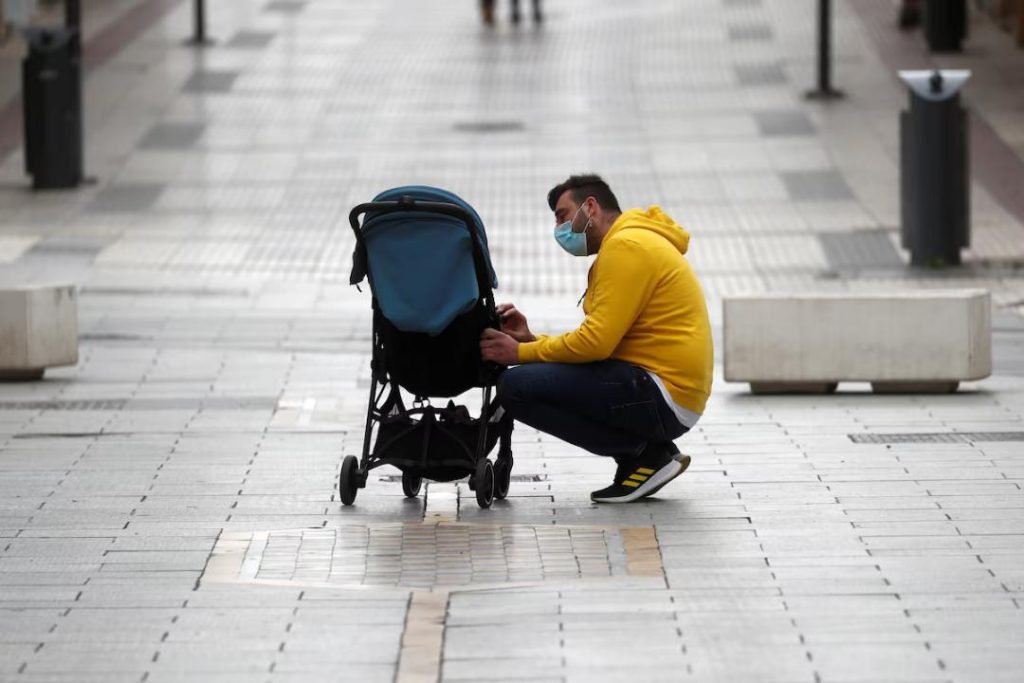
Spain to Offer 17 Weeks of Parental Leave to Both Mothers and Fathers
In a significant move towards promoting gender equality and work-life balance, Spain has announced plans to extend its parental leave policy, offering 17 weeks of paid leave to both mothers and fathers after the birth of a child. This decision is a major step forward in promoting a more equal and supportive environment for working parents in the country.
As of July 2025, Spain will join Finland as the only two European Union countries to offer equal, fully-paid birth leave to both parents. This new policy is set to benefit thousands of families across the country, allowing them to spend more quality time with their newborns and establish a strong bond.
The decision to increase the parental leave period is seen as a major victory for the feminist movement in Spain. According to a minister, “Spain is moving towards feminism…and there’d be no turning back.” This statement highlights the country’s commitment to promoting gender equality and challenging traditional gender roles.
The current parental leave policy in Spain allows mothers to take 16 weeks of paid leave, while fathers are entitled to four weeks. The new policy will see a significant increase in the amount of leave available to fathers, bringing it in line with the same amount as mothers. This change is expected to have a positive impact on families, particularly those with newborns, and will help to promote a more equal distribution of childcare responsibilities.
The new policy is also expected to have a positive impact on the country’s economy. By allowing parents to spend more time with their children, the policy is expected to increase productivity and reduce absenteeism. In addition, the policy is expected to help to reduce the gender pay gap, as women are often forced to take on more childcare responsibilities, which can limit their career progression.
The decision to increase the parental leave period is part of a larger effort by the Spanish government to promote work-life balance and gender equality. The government has also announced plans to increase the minimum wage and improve working conditions for all workers, not just parents.
Other European countries are also taking steps to promote work-life balance and gender equality. For example, in 2020, the European Commission introduced a new directive aimed at providing at least 10 days of paid parental leave per year for parents of children under the age of 8. The directive also aims to provide at least 2 weeks of paid leave per year for parents of children under the age of 18.
In recent years, there has been a growing recognition of the importance of work-life balance and gender equality in the workplace. Many companies are now recognizing the benefits of offering flexible working arrangements and parental leave, and are taking steps to promote a more equal and supportive environment for all employees.
In conclusion, Spain’s decision to offer 17 weeks of parental leave to both mothers and fathers is a major step forward in promoting gender equality and work-life balance. The policy is expected to have a positive impact on families, particularly those with newborns, and will help to promote a more equal distribution of childcare responsibilities. The decision is also expected to have a positive impact on the country’s economy, and is part of a larger effort by the Spanish government to promote work-life balance and gender equality.
Source:



